We cannot be what we do not know.
In the measured course of things, knowledge precedes action. To be a great parent, for example, some exposure to great parenting is required. It’s more than adequate to have had great parents, but if not we might look to other families as models and mentors. We could read books on parenting or perhaps attend a workshop.
If we want to do creative work, we need to spend time admiring and analyzing the work of those who inspire us. What about their work is compelling? What techniques are employed in the production of their work? What are the qualities that differentiate their work from others?
Of course, it’s not enough to simply read, observe, and analyze. We need to implement these lessons, practicing and refining our efforts over time to become great parents or creatives or whatever it is we aspire to. And if we want to live a life grounded in religious principle, we similarly need to acquire the knowledge and experience to do so.
Islam in the modern West is a hostage to academia. Without an awareness of what this means or what it implies, in our desire to live a religious life we all run the risk of internalizing and perpetuating this lopsided, scholarly framework.
The acquisition of religious knowledge is now exclusively a matter of attending some in-person or virtual seminary. The maintenance and refining of that knowledge is in the implementation of ritual practices and abstentions. And the solution to the inevitable wavering and doubt experienced by all religious aspirants is to attend or listen to another lecture.
The net result is an intellectual and highly urbanized framing of Islam that is utterly detached from the rural, agrarian, nomadic, rough-and-tumble realities of its inception.
Let’s talk about why that’s a problem.
The Obsessive Student

The principle work of Dust and Tribe is to get Muslims outside. We do this because it is the obvious and necessary counterbalance to academic Islam, a thoroughly unquestioned and idiosyncratic model with deleterious side-effects that we will at least partially enumerate here.
Compulsive thoughts are endemic to the “student of knowledge,” that poor individual duped into Islamic urban academia as the religious standard. Often reframed by the purveyors of this model as waswasa, demonic whispers, the obsessive aspirant is led to believe that he or she is effectively fighting either possession or insanity in their attempts to properly implement the teachings of the religious classroom.
We see this most often among Muslims learning for the first time about ritual purification.
In the formal study of religion, we review the essentials of ablution, how many times and in what particular manner we are to wash specific parts of ourselves in preparation for prayer. The requirements are simple enough, but the repercussions for not doing so correctly are heinous indeed. A phenomenon witnessed all too often is the obsessive attempts of the student to perfect their washing, compulsively wetting and rubbing their hands, arms, face, and feet over several minutes or even hours, sometimes to the point of injury or infection.
We are not critical of the information being taught. Neither are we critical of the warnings attached to approaching ritual purification without care. But context matters, and while these unfortunate persons might be plagued with some manner of mental or spiritual illness, there is potentially an environmental component.
In the urban setting wherein these lessons predominately unfold, there is often limitless access to private bathrooms and hot, running water. The wayward student, eager to implement new knowledge, is encouraged by these conditions to focus on material perfection over internal intention. The exercise is no longer about purifying oneself for worship.
Instead, we become obsessed with honoring the teachings of our scholars.
Experiential Learning
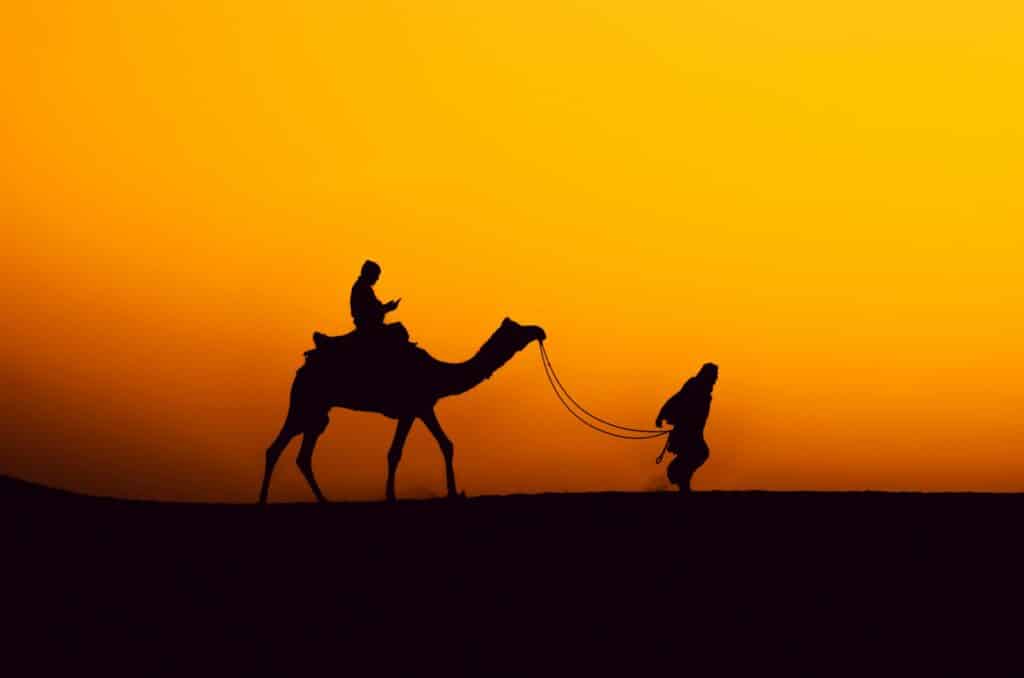
What is all too often missing from a discussion of ritual purification is the condition of the early Muslims for whom it was initially prescribed. These men and women are, by scholarly consensus, our exemplars. Many of them were nomadic tent-dwellers. Water was a precious and limited resource.
Even where these points are brought up, there is no experiential component in the learning to condition a reasonable approach to ablution.
Dust and Tribe is very well acquainted with the anxious and conflicted Muslims who refuse to camp with us unless they have guaranteed access to flush toilets and modern plumbing. We watch the more intrepid dump their drinking water all over themselves in anticipation of prayer, despite warnings that the next opportunity for water may be several miles away. They do not know the basics of tayammum, purification through dust, perhaps having heard or read about it somewhere, but never having practiced.
When the availability of water is anything but guaranteed, when the supply you think you have freezes overnight, when removing clothing to perform ablutions introduces the possibility of harm through exposure, what then of our textbook lessons and malignant attention to outward details?
When your phone dies and your prayer app is no longer working, what does the classroom tell you about deducing the timing and direction of prayer? Without a compass? At night? In poor weather?
The relationship that Muslim women have with the hijab has become almost intractably urbanized. A woman covering herself from head to toe should not be her default experience. It is our insistence upon congregating in the cities and suburbs that force this issue, putting men and women into consistent and predictable contact with one another and effectively perpetuating the circumstances that require covering.
Our women are acculturated into a defensive relationship with the hijab and this covering becomes so deeply intertwined with her identity that when taken outside, into places where the likelihood of encounters with men are entirely unlikely, she refuses to take it off. We have seen this many times on adventures that included only women in exceedingly remote areas. They decline the invitation to feel the wind in their hair and the sunshine on their scalp, seeing it as their responsibility to remain ever-vigilant to the possibility of lusting eyes.
This is the kind of silliness perpetuated by Muslim academics in their virtual and physical classrooms. They are woefully ignorant of a life outside of their yellow books. Most are completely unaware of the extent to which their didactics are grounded in an exclusively urbanized context. And even those with a broad enough view to see beyond their formidable commentaries penned some centuries ago (also from some famed urban center of learning), they often have next to no experience with a lived Islam that parallels the realities of that first and most blessed generation of believers.
More than Scenery
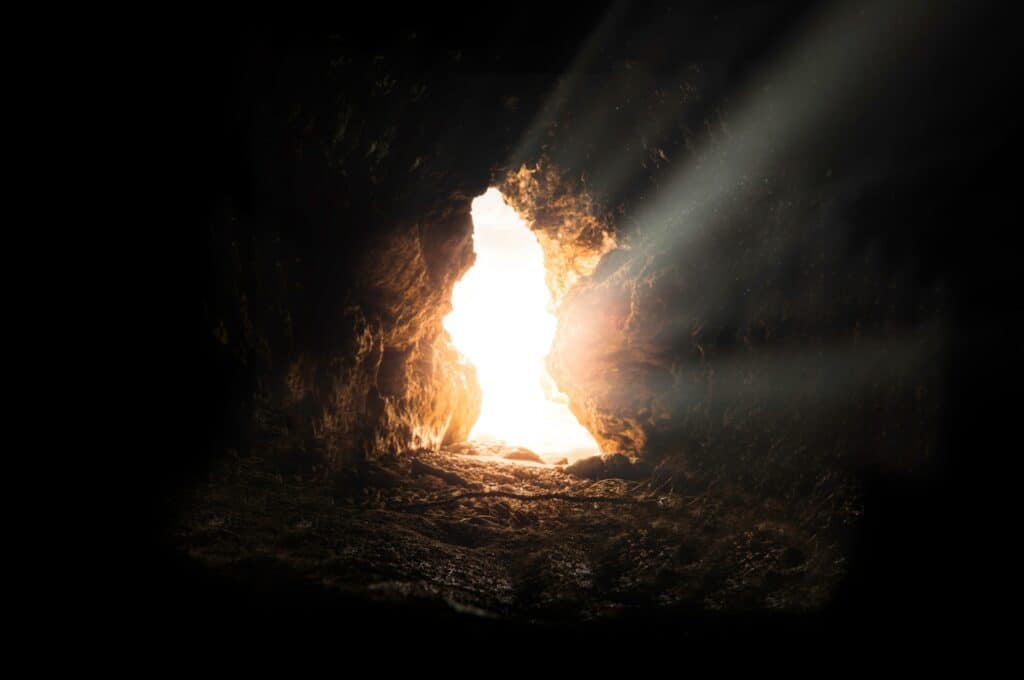
Islam in the formal sense that we understand it today began in a cave. We all know what happened there. Muhammad, may the peace and blessings of God be upon him, was accosted by the angel Gabriel. Words were exchanged.
It was the beginning of revelation, the beginning of prophethood, the beginning of our story as Muslims.
But what about the cave?
Our scholars and historians gloss over this, focusing on personalities and dissecting the words exchanged to derive rulings and to build a scholastic narrative, all while ignoring this critically important setting.
Attempts to learn about Muhammad’s relationship with the cave prior to revelation, may the peace and blessings of God be upon him, is telling. The reports are hard to come by and highly variable, suggesting a lack of veracity from the start. This is somewhat understandable as early historians may have appreciated little remarkable in his relationship with the wilderness, may the peace and blessings of God be upon him. Such was their shared reality.
Our deeply urbanized consciousness requires a closer inspection, however.
We know that Muhammad made sojourns out of the Meccan settlement an absolute priority, may the peace and blessings of God be upon him. We know that he spent time in the cave regularly, some reports say for days at a time, others suggest he might have been there for a month or longer. Getting to the cave required hiking, scrambling, and perhaps even a little climbing, all while laden with provisions. There are reports that his wife, Khadija, may God be pleased with her, would make appearances to resupply him.
Getting outside was a priority. His family understood this. He was hiking, climbing, and camping regularly, may the peace and blessings of God be upon him. These were the choices that ultimately led to his encounter with the Divine, an encounter that transformed him and the entire world.
I have sat in virtual and physical classrooms. I have gathered at the feet of men renowned far and wide for their piety and vast religious knowledge. And not one of them spoke of Muhammad as the consummate outdoorsman he clearly was, may the peace and blessings of God be upon him. He was alone in that cave and we can assume he knew a whole lot about wilderness survival including how to start a fire, how to keep warm and stay hydrated, basic food preservation, and how to keep the local baboons out of his supplies.
You’re not going to hear about this from our academics because they have no appreciation for it. They don’t see the value and haven’t for centuries. The study of Islam was long ago concentrated in the cities, far from the outlands of its birth.
Ask your local scholar about the last night he spent in the wilderness.
Nature as Revelation
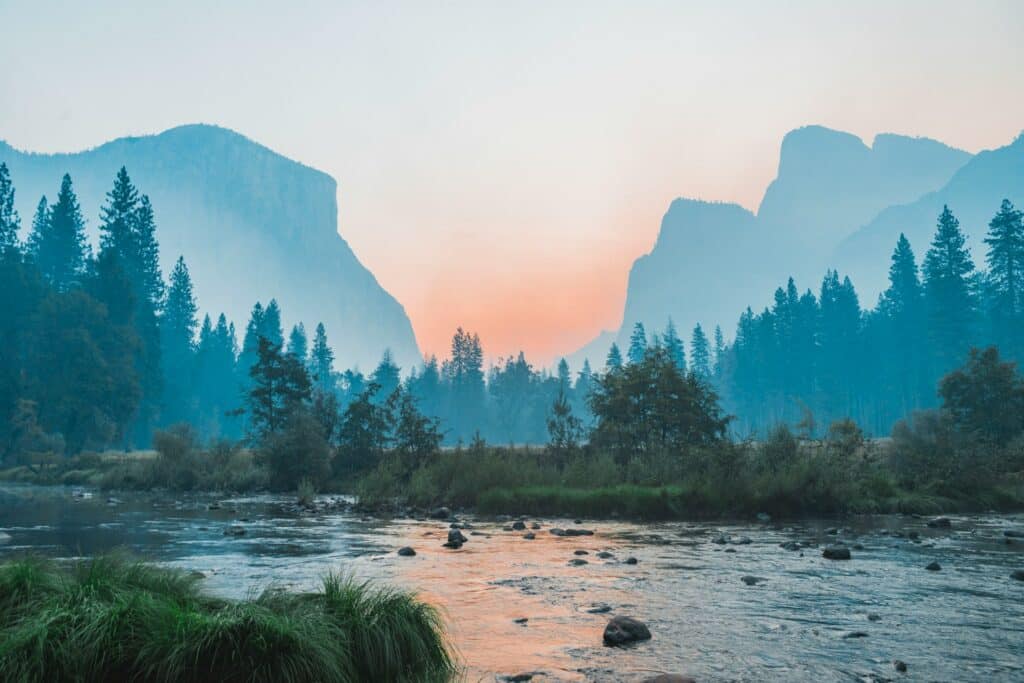
The God that spoke to Muhammad, may His peace and blessings be upon him, is the same God who swears by the sun, the moon, the earth, and the sky. This is the same God who invites us over and over in the Qur’an to witness creation, and to see His proofs within all of it. This is the same God who tested many, if not most of His prophets with time in the wilderness: Abraham, Moses, John, and Jesus in the desert, among others, and Jonas in the ocean, may God’s peace be upon them all.
This is the same God who created us in the Garden, and promises a return to “gardens beneath which rivers flow” in a clear indication of our primal affinity for nature.
In the creation of the heavens and earth; in the alternation of night and day; in the ships that sail the seas with goods for people; in the water which God sends down from the sky to give life to the earth when it has been barren, scattering all kinds of creatures over it; in the changing of the winds and clouds that run their appointed courses between the sky and earth: there are signs in all these for those who use their minds.
Q2:64
The scholars will tell you that the age of revelation has ended. And insofar as they are concerned with books, it has.
But revelation through creation persists as it always will until the Last Day.
Every dawn is a revelation, in light and sound and temperature. Every evening brings with it stars for our contemplation, at least in those places where we are still blessed to see them. Every interaction with every bit of creation is pregnant with lessons, guidance, advice, and perspective. This is revelation unending, if only we were taught to interpret the messages.
This is what we mean by wilderness literacy.
Balance
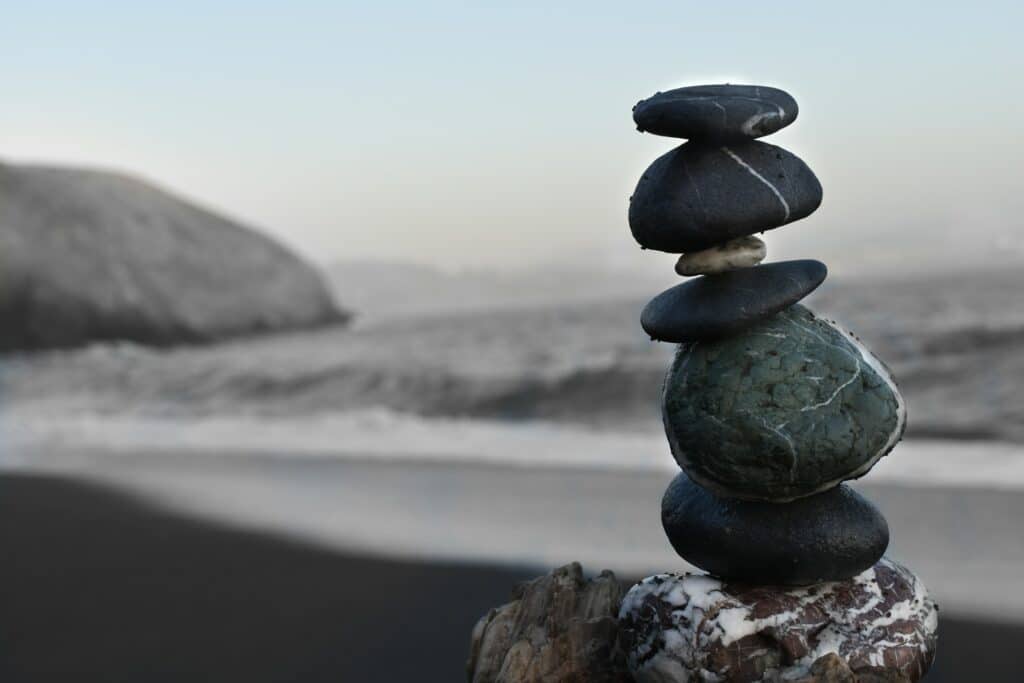
We are not pagans.
What we learn from our scholars has value. This is not an indictment on formal religious training or the benefit of seeking knowledge from those who have made in investment in mastering the sacred sciences.
This is a call to the obvious, a reminder that God sets our priorities and not men.
And what God invites us to is the wilderness. This is His classroom, the crucible wherein the greatest of persons where forged. Any formal study of Islam that does not require an extensive grounding in wilderness literacy is fouled at the root.
What the wilderness teaches is tension and humility. Things are not so easily contained and manipulated outside. Our sense of control is eroded, our impoverished neediness enhanced, our confusion, discomfort, and disorientation elevated. Our fiqh rulings, arrived at through the idiosyncratic wranglings of urban scholars debating one another in the fabled cities of high-learning and printed so nicely and neatly upon the yellowed page, tremble before His signs. Every answer outside brings a hundred more questions, and in this state of wonder and bewilderment, we are confronted with a choice.
Will we succumb to the overwhelming absurdity of it all?
Or will we choose to trust in the God who insists upon our experience of it?
While any number of neurotic crises will arise in the Islamic classroom, this all-important existential question will not, at least not in the full-bodied experiential manner specific to a wilderness encounter.
This is our moment in the cave.
We have scholars today who dismiss sighting the new moon as having any contemporary value in situating the lunar calendar. These same scholars are fundraising to build suburban tract homes for other Muslims aligned with their synthetic ideals. This is academic Islam at its absolute worst, representing a gross imbalance that puts engineers and doctors and lawyers in charge of our communities.
To use the language of academia, it is an equation that requires balancing.
Through God’s help and permission, there are people doing this work. Sama Wareh and her team at Southern California’s Art and Wilderness Institute are a prime example. We know of a few Islamic scholars who are also accomplished outdoorsmen, among them Shaykh Suhail Mulla of Los Angeles, Dr. Youssef Ismail of Santa Cruz, and Imam Dawood Yasin of Austin, Texas. There are others, to be sure, but we need more.
We’re not here to dismiss the scholars. Go ahead and learn your lessons.
Then get outside and live them.
Leave a comment below for posterity or join us in the D&T Chautaqua Discord to discuss this post with other adventurous spirits from around the world.
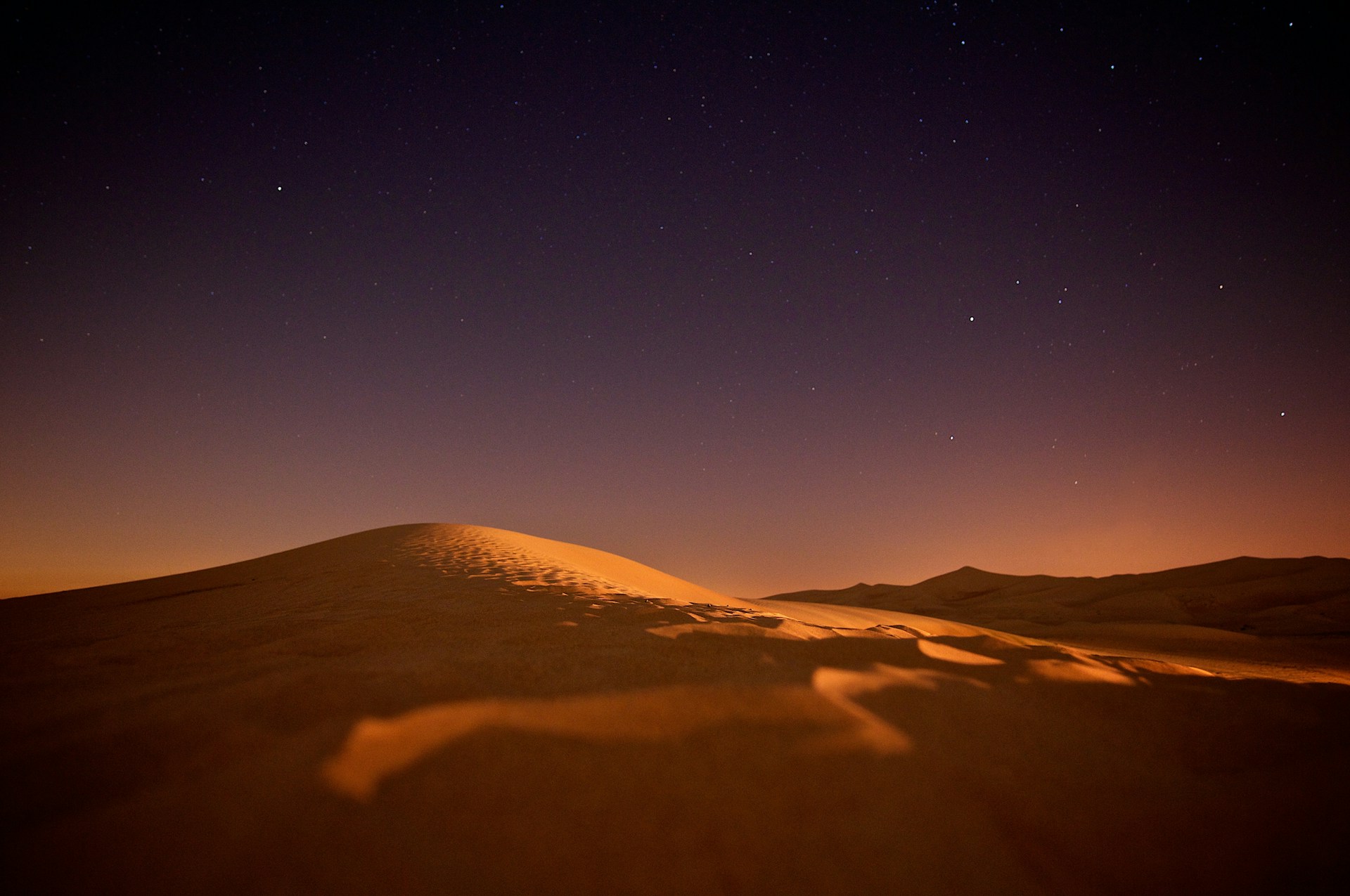
Mashaallah so. Mind opening. May Allah swt continue to bless you and continue to give you the ability to share with us. Such valuable information and lessons. Ameen